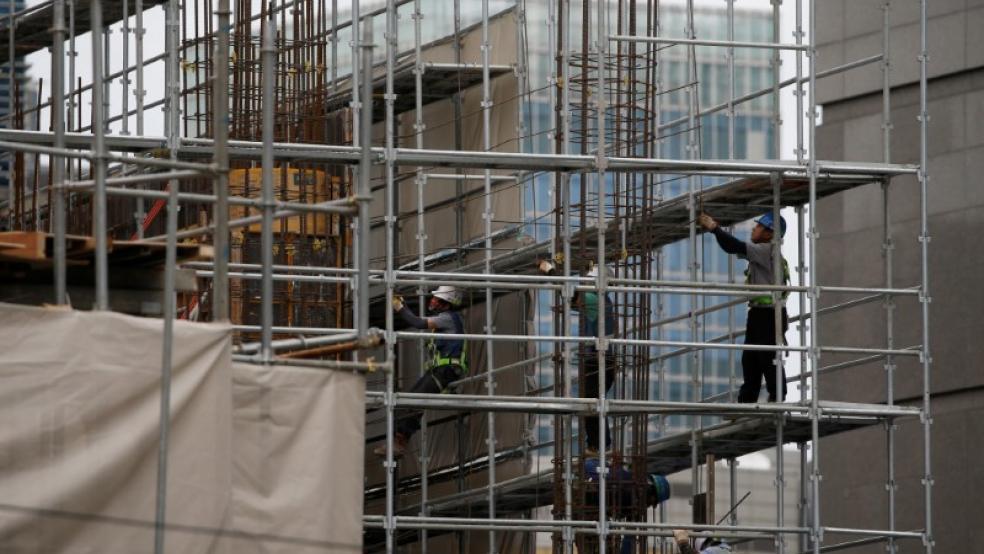The quarter was marked by an influence-peddling corruption scandal involving President Park Geun-hye, who was impeached by South Korea's parliament, with a final determination by a court to follow.
The outgoing chief judge at the Constitutional Court said on Wednesday the court should make its impeachment ruling before March 13 because two of the nine judges, including himself, are retiring soon.A presidential election will be automatically triggered within 60 days of the court's decision if she is removed. South Korea's special prosecutors plan to investigate more companies after their probe of Samsung Group [SAGR.UL] named the group's leader, Lee Jae-young, as a suspect in the corruption scandal that led to Park's impeachment.The political upheaval has raised fears of policy paralysis and may have weighed on consumer sentiment, which fell for a third month through January. Growth was just 0.4 percent in seasonally adjusted terms on-quarter, slowing from a 0.6 percent in the September quarter and a 0.8 percent gain in the June quarter, the Bank of Korea said on Wednesday. The 0.4 percent growth in seasonally adjusted terms topped the median forecast of 0.3 percent from a Reuters survey of 17 economists. Construction investment fell by a seasonally adjusted 1.7 percent during the October-December period after a 3.5 percent jump three months earlier, while private consumption expanded just 0.2 percent, slumping from a 0.5 percent rise in the September quarter. Facilities investment increased 6.3 percent on-quarter, jumping from a 0.2 percent rise three months earlier. "A decline in private consumption was the biggest factor in lowering the growth rate even as facilities investment improved," Chung Kyu-il, a director at the BOK, said at a news conference, noting private consumption made up 49.5 percent of GDP.Chung added that exports of semiconductors, displays, and other electronic components will continue to improve and drive facilities investment this year, although the shipping and shipbuilding sectors may drag on growth as they undergo corporate restructuring. In annual terms, GDP rose 2.3 percent in the fourth quarter, down from a 2.6 percent rise in the third quarter. The economy expanded 2.7 percent in 2016 from a year earlier, matching the bank's growth target and edging up after a 2.6 percent rise in 2015. "While 2.7 percent expansion is a notable pick-up, the construction investment failing to grow shows domestic demand is sluggish," Kim Doo-un, a Seoul-based economist with Hana Financial Investment said. "An expansion of 0.4 percent (on-quarter) is quite low given that it's the weakest in a year and a half," he added.Exports failed to lift growth in the December quarter, slipping by 0.1 percent after rising 0.6 percent in the previous three months. By sector, manufacturing led the overall growth with a 1.8 percent gain on-quarter, while agriculture and fisheries declined 2.8 percent. Services remained unchanged from three months earlier. The central bank said earlier that private spending would be weaker in 2017 as uncertainties arising from the influence-peddling corruption scandal affect consumer sentiment.Credit costs rising in line with U.S. interest rates will increase the burden of household debt repayment, putting private consumption growth at risk. The BOK sees gross domestic product growth at 2.5 percent this year, driven by a recovery in exports and facilities investment, even if global trade growth weakens on the fear or the reality of deepening protectionism. (Reporting by Cynthia Kim and Christine Kim; Additional reporting by Dahee Kim; Editing by Eric Meijer)South Korea economy falters in fourth quarter as consumption, construction slump amid political crisis

Kim Hong-Ji



